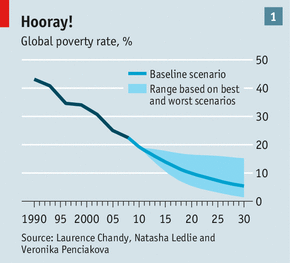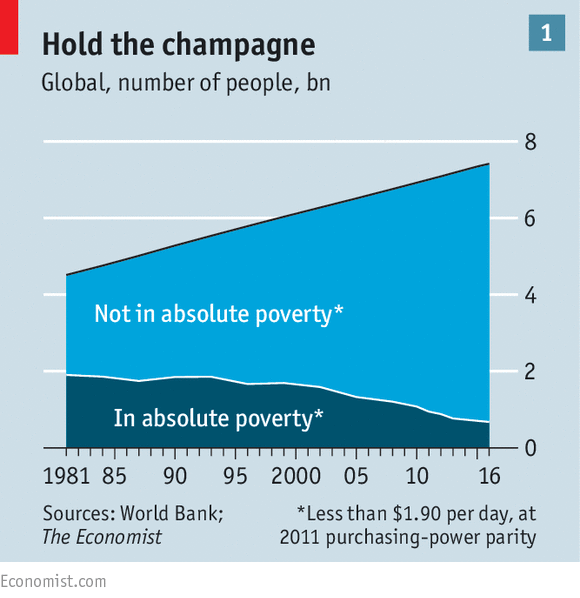entremet
Member
https://www.bloomberg.com/news/articles/2017-09-21/why-wages-aren-t-growing
And the biggie:
So the gospel of infinite growth will eventually collapse on itself it seems. I wonder if it happens in our lifetimes?
I'm not anti-capitalist. Ideally, I prefer Nordic social democracies--robust welfare state and economic freedom. The former is hard in my country of origin (US) due to deep-seated racism fomented by GOP political strategy along with the false individualist narrative.
Yet Japan, that land of eternal economic mystery, is apparently defying this most sacred principle. The problem is wages. Japan's labor market is the tightest it's been in decades. The unemployment rate has sunk to only 2.8 percent, the lowest in 23 years, while the number of available jobs compared with applicants has reached levels not seen since the early 1970s. Add in an aging, shrinking workforce unable to generate many reinforcements, and simple mathematics leads to the conclusion that wages should be increasing—based on current market conditions, by at least 2 percent a year.
But they're not even close to rising at that rate. Growth of worker compensation has been minimal this year. In July, base pay rose a mere 0.5 percent from the year earlier, while total earnings, which includes bonuses, dropped by 0.3 percent. Although very recently some signs have emerged that wages may be set for a pickup, workers are far from getting the gains you'd assume the market is signaling they deserve.
Japan, as usual, is an extreme case but not an isolated one. Wage growth in much of the world has been subdued, even as the global economy has stirred to life. In the U.S., where unemployment has dwindled to the lowest level in 10 years, at 4.4 percent, workers aren't much better off. Average hourly wages inched up 3¢ in August from the previous month. In the euro zone, hourly wage growth in the second quarter showed some improvement, with a 2 percent increase from the same period a year earlier. But overall labor costs aren't growing nearly as quickly as they did in the years before the 2008 financial crisis, even though Europe is enjoying a surprising revival.
And the biggie:
The dearth of wage increases is a serious problem for the global economy. Economists have proffered all sorts of complex explanations for the glacial pace of recovery from the Great Recession, including insufficient fiscal spending and excessive government regulation. Some have even argued that the world has slipped into a long-term cycle of meager growth. But one often overlooked factor is the plight of the wage earner. Employees working 9 to 5 have simply not benefited as they should have from improvements in economic performance or corporate profitability. Without fatter paychecks, the average household can't spend more, and that's bad for growth. Yes, it's really that simple
So the gospel of infinite growth will eventually collapse on itself it seems. I wonder if it happens in our lifetimes?
I'm not anti-capitalist. Ideally, I prefer Nordic social democracies--robust welfare state and economic freedom. The former is hard in my country of origin (US) due to deep-seated racism fomented by GOP political strategy along with the false individualist narrative.


